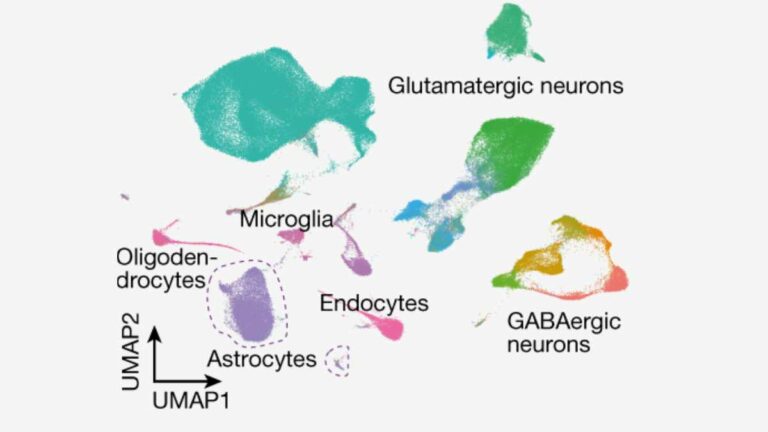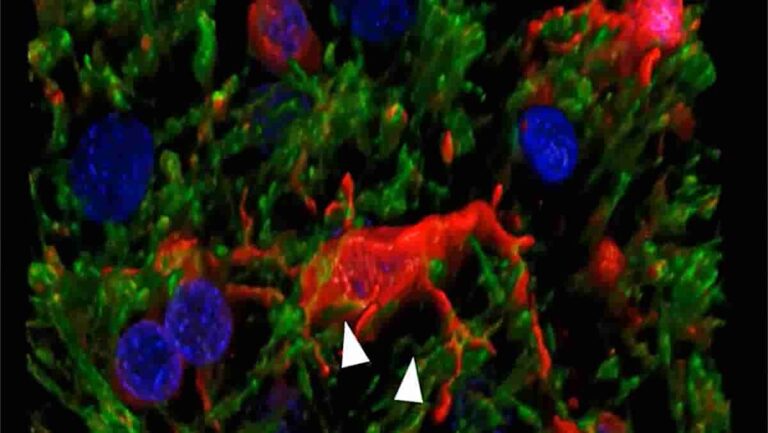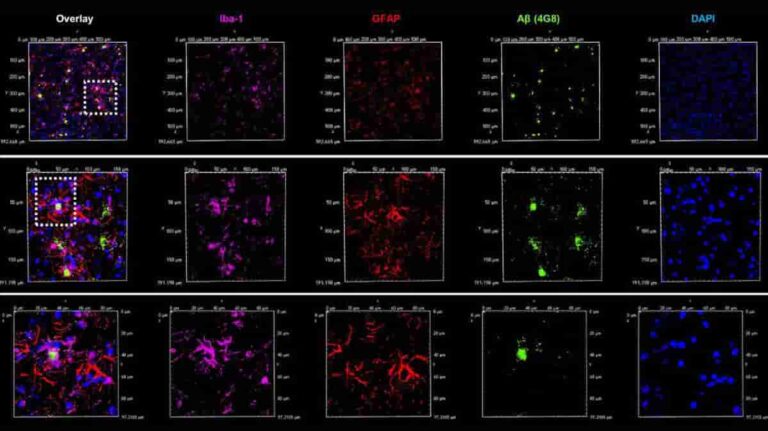Neuroscience is in a state of tremendous flux. Neurons and glial cells, the two main cell types that make up the brain, have a hybrid cell halfway between these two categories. For as long as neuroscience has existed, it has been recognized that the brain functions primarily through the neurons and their ability to rapidly…
Toddlers Solve Uncertainties by Ruling Out Impossible Options
How do we learn to talk as children? How do we learn about the world around us? Toddlers’ social interactions in their social and family environments, as well as in schools, contribute to this, but they are not the only elements at play. Previous studies on young children, which can be particularly instructive, show contradictory…
Cognitive Adaptability Has a Close Connection with Adult Neurogenesis
Cognitive adaptability or flexibility is the ability to switch from one type of cognitive problem-solving strategy to another when circumstances change. When this ability deteriorates — whether due to aging, disease, trauma, or environmental exposure — mental behaviour becomes more rigid, and a person struggles to adapt to new cognitive demands and remains stuck in…
Ferroptosis Destroys Microglia Cells in Alzheimer’s and Vascular Dementia
A new path of cell death in Alzheimer’s disease and vascular dementia has been discovered by researchers. Ferroptosis, a type of cell death caused by an accumulation of iron in cells, destroys microglia cells, a type of cell involved in the brain’s immune response, in Alzheimer’s and vascular dementia, a study led by scientists at…
Ponesimod Reduces Neuroinflammation in Alzheimer’s Disease
A multiple sclerosis medication is potentially effective as a treatment for Alzheimer’s disease, according to a team of researchers from the University of Kentucky. The researchers investigated ponesimod, an oral medicine licensed by the Food and Drug Administration (FDA) to treat relapsing types of multiple sclerosis (MS). Ponesimod, sold under the brand name Ponvory, was…
Priming in Psychology: Exploring Nonconscious Influences on Behavior
Priming is a phenomenon in psychology where the exposure to a stimulus (priming stimulus) influences the subsequent response to a related stimulus (target stimulus). It is an essential concept in understanding how our brain processes information and how our thoughts, feelings, and behaviors can be subtly influenced by external factors. Priming effects play a significant…
Women with Myalgic Encephalomyelitis Have More Symptoms than Men
It has long been known that women are more likely to have myalgic encephalomyelitis, also known as chronic fatigue syndrome (ME/CFS). Now, a new study by researchers at the University of Edinburgh has found that women tend to experience more symptoms and co-occurring conditions than men do with ME/CFS. According to initial results from the…
MDMA-assisted Therapy for PTSD – Jury Is Still Out on Effectiveness
When the war in Ukraine broke out, many countries and agencies around the world lent their support in the form of financial aid, weapons, and food. But Olga Chernoloz, a Ukrainian neuroscientist based in Canada, wanted to provide a different kind of assistance: a combination of therapy and the psychedelic drug MDMA. Such therapy, she…
Adult Education Associated with Lower Risk of Cognitive Decline
Taking an adult education class is associated with a lower risk of cognitive decline and dementia, according to researchers from the Institute of Development, Aging and Cancer of Tohoku University in Sendai, Japan. Regular cognitive activity, such as brain challenges, sudoku, or specific video games in middle and old age, is known to protect against…








